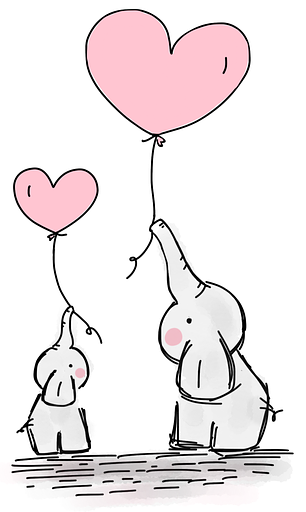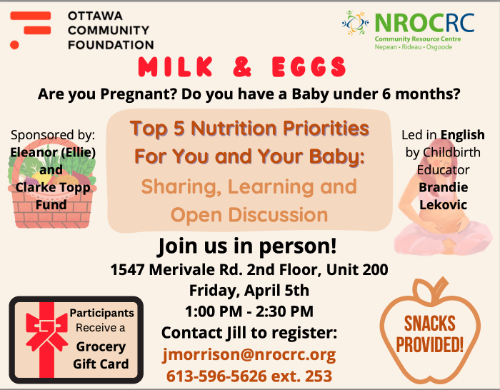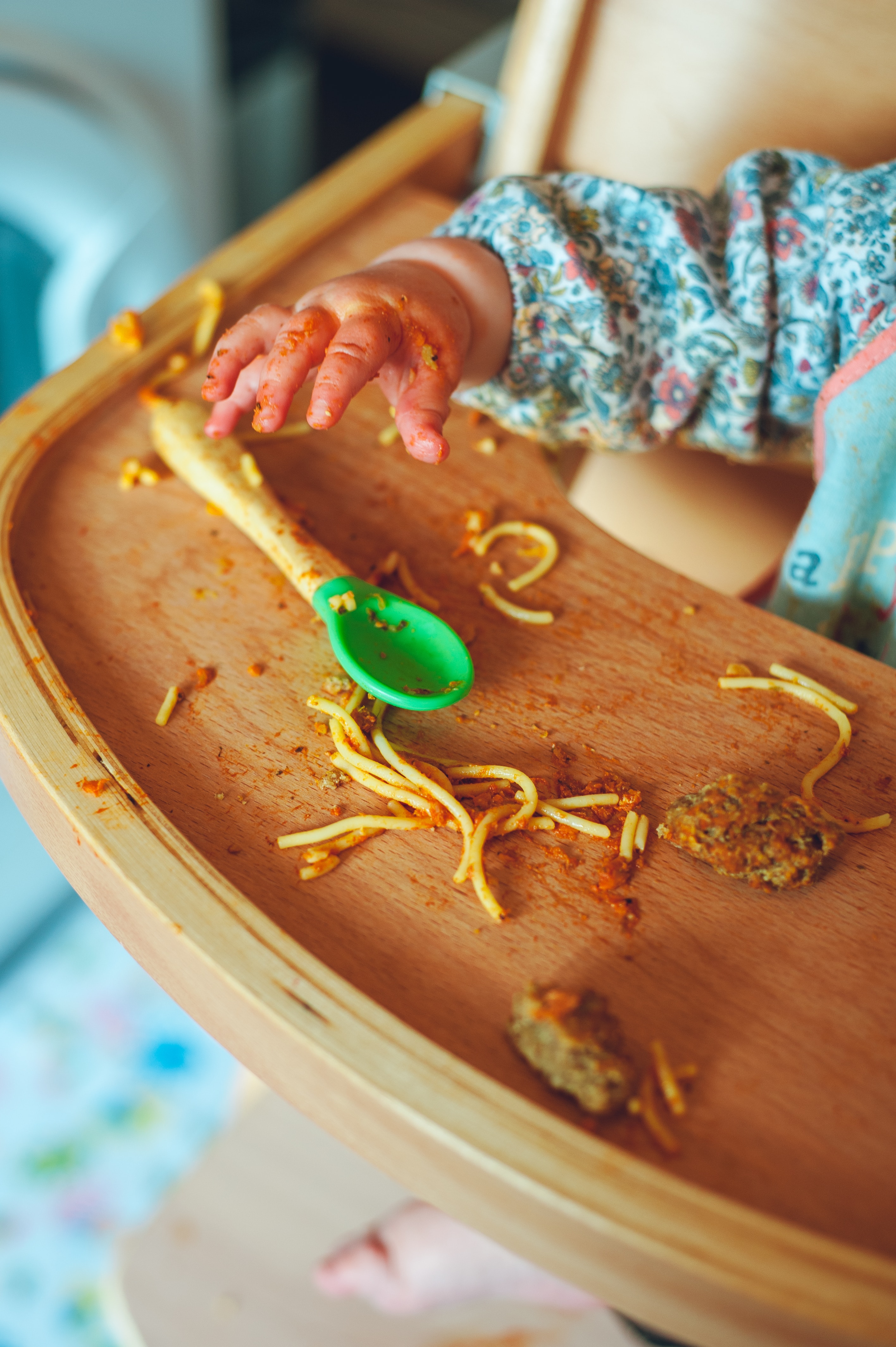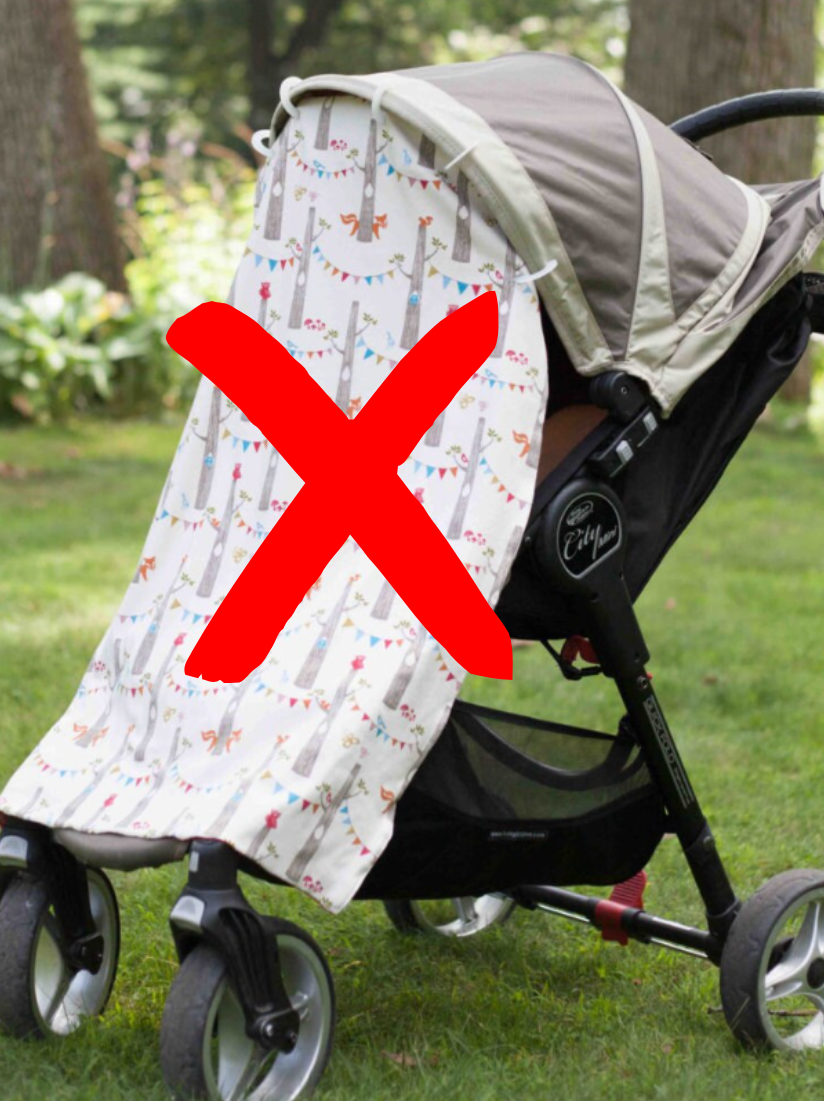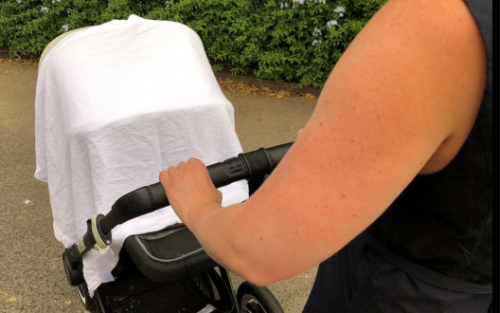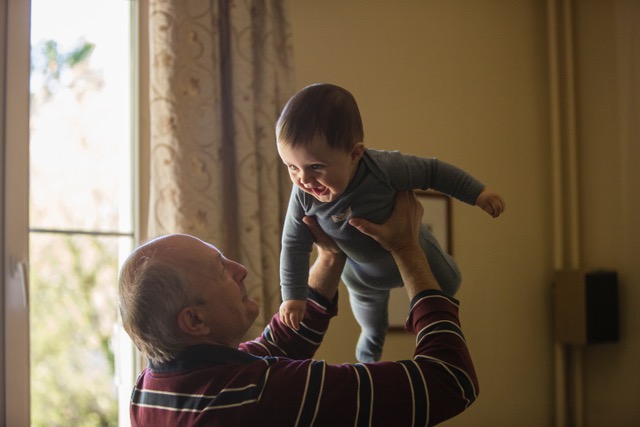OCEA Newsletter; The importance of mindfulness
March 16, 2022, 9:47 p.m.
Pregnancy and postpartum, or what health practitioners call the “perinatal period,” is a vulnerable time in a person’s life. For many, parenthood can cause conflicting emotions: joy, love, protectiveness, anger, exhaustion, and confusion. Parents can experience a significant amount of stress as priorities shift to the all-consuming role of caring for a newborn. For some, the added stress can lead to mental health problems.
A 2018 survey found that almost one-quarter (23 percent) of Canadian mothers reported feelings consistent with a diagnosis of postpartum depression or anxiety. Partners can experience mood changes too, and some research has estimated that rates can be as high as 10 percent.
There is growing evidence that mindfulness training may be effective in reducing the risk of perinatal mood and anxiety disorders. A 2017 systematic review of the scientific evidence for mindfulness-based interventions (MBI) found that mindfulness programs were associated with reductions in perinatal anxiety, although results for depression were less consistent.
|
Why does mindfulness help? |
 |
Practicing mindfulness can change our attitude—we become less reactive, are more open to new experiences and can cultivate self-compassion during stressful times. This shift in attitude is just as important as the attentional skills we learn during mindfulness practice, such as becoming aware of bodily sensations, thoughts, and emotions.
Mindfulness in labour programs teaches strategies for coping with labour-related pain and fear, in addition to the physiology and process of labour and birth that you might get from another childbirth education class. Results from a randomized controlled trial found that a mindfulness-based intervention compared to treatment, as usual, led to an improvement in childbirth self-efficacy (feeling confident about the ability to give birth) and depression symptoms six weeks post-birth. A follow-up study found that mindfulness programs can lower distress, an effect that was still measurable long after the program was over.
What’s the best way to practice mindfulness?
|
Here at The Ottawa Childbirth Education Association, we incorporate mindfulness topics into our prenatal classes, alongside other topics such as anatomy and physiology, signs and symptoms of labour and birth, and newborn care. Mindfulness is a big part of pain management and comfort measures, and we work on strategies that encourage you to listen to your body and find out what works best for you. |
|
The key to mindfulness practice is that you do it as often as possible before the birth so that it becomes second nature when you’re going through labour. We often recommend to our participants that they practice some form of mindfulness each day. There are different ways to practice mindfulness and they don’t all involve sitting quietly in meditation for long periods of time. You could choose a relaxation or breathing practice on YouTube, download a mindfulness app, or do an active meditation while walking or doing a chore. One of our favourite resources is Waterford's list of 30 activities for parents.
Mindfulness is all about bringing your attention back to the present moment, which means you can drop into mindfulness at any moment of your day. People often find the breath to be a good anchor to focus their attention on, but you could also focus on the movement of your body or the sights and sounds around you.
The preliminary science about mindfulness in pregnancy offers hope for families and healthcare providers who are looking to address the risk of common mental health problems before and after childbirth. With rising rates of perinatal mental illness, brief mindfulness interventions may come to play an important role in reducing stress, anxiety, and depression.
Misty is a regular contributor to Mindful Magazine and she is currently writing a book about gender bias in mental healthcare.
Stay tuned for a new spring workshop on Communication! We will focus on skills that will help to strengthen your relationships with your partner, with your parents and with other supporters. You’ll learn how to recognize and work around the common obstacles to productive conversations.
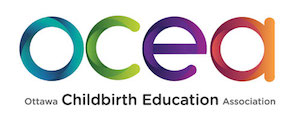


-20250822-111501.png)

